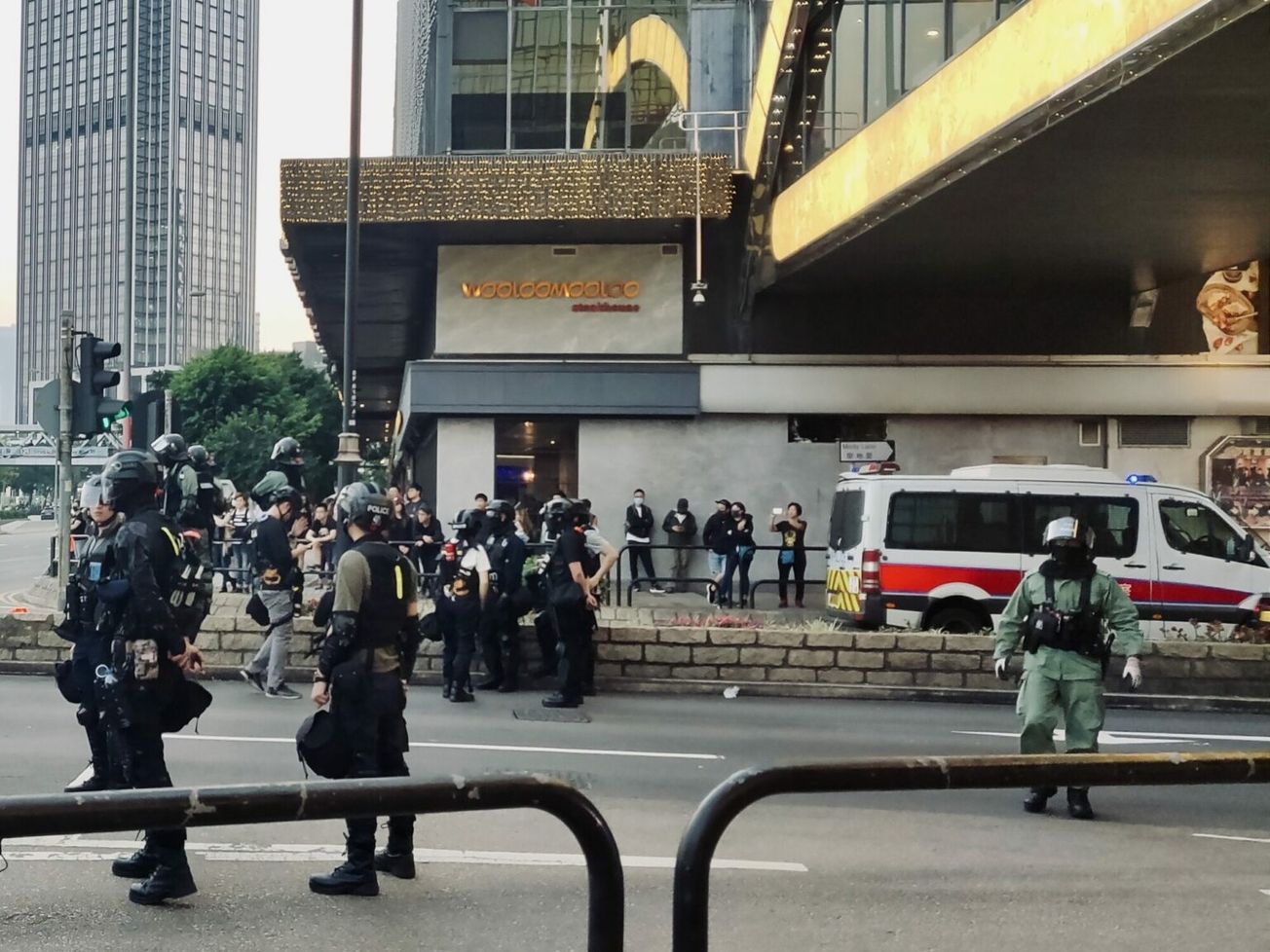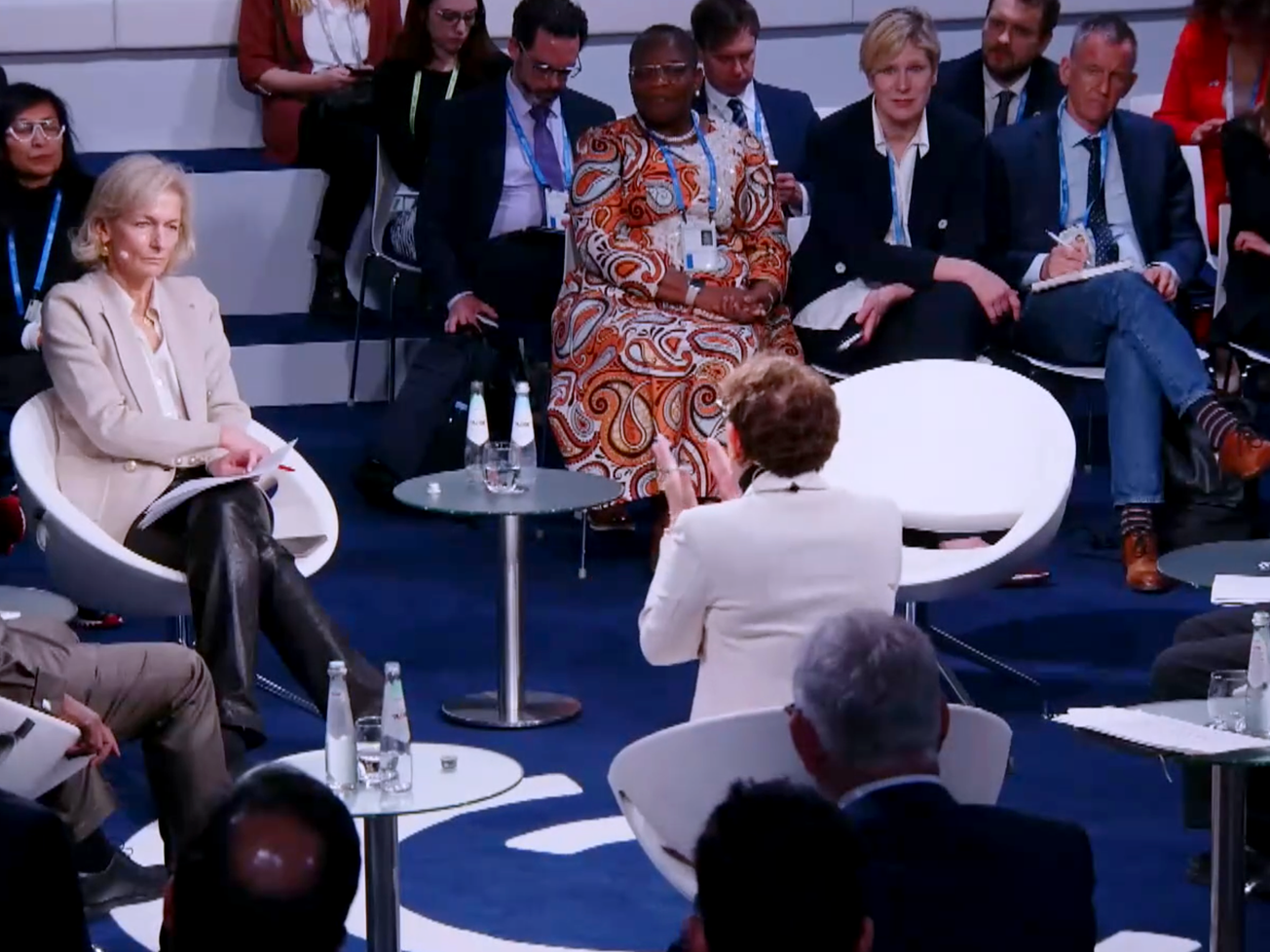China announced that it imposed economic sanctions on 11 nongovernmental organization leaders and U.S. lawmakers on Monday, in a retaliatory move against outspoken critics of its decision to tighten the reins on Hong Kong's semi-independence.
The sanctions are a tit-for-tat response to U.S. President Donald Trump's announcement on Friday to freeze the U.S. assets of 11 Chinese and Hong Kong officials, including Hong Kong's chief executive, Carrie Lam, and the head of China's liaison office to Hong Kong, Luo Huining.
China's foreign ministry announced that the sanctions on Americans who had exhibited "egregious behaviors on Hong Kong-related issues" were effective as of Monday.
The five NGO leaders targeted are Kenneth Roth, executive director of Human Rights Watch; Michael Abramowitz, president of Freedom House; Carl Gershman, president of National Endowment for Democracy; Derek Mitchell, president of National Democratic Institute; and Daniel Twining, president of International Republican Institute.
"The Chinese government just announced unspecified 'sanctions' against me," Roth said. "That is little more than an effort to distract attention from its wholesale assault on the rights of the people of Hong Kong."
The six U.S. lawmakers subject to the sanctions are all Republicans. Five are U.S. senators: Marco Rubio of Florida, Ted Cruz of Texas, Josh Hawley of Missouri, Tom Cotton of Arkansas and Pat Toomey of Pennsylvania. The sixth is Rep. Chris Smith of New Jersey.
Unspecified violations
A Chinese foreign ministry spokesperson, Zhao Lijian, said the 11 sanctioned individuals had violated international law and "basic norms of international relations" by meddling in China's domestic affairs.
“China urges the U.S. to have a clear understanding of the situation, correct mistakes, and immediately stop interfering in Hong Kong affairs and interfering in China’s internal affairs," he told a daily press briefing, without specifying what laws were violated or what type of sanctions Beijing was imposing.
China's legislature passed a national security law cracking down on Hong Kong in response to violent anti-government protests last year. The former British colony was turned over to Chinese rule in 1997.
China already imposed a travel ban on Rubio, Cruz and Smith last month in response to U.S. moves to impose similar restrictions on Chinese officials connected to Beijing’s crackdown on more than 1 million ethnic Uyghurs in Xinjiang Province.
Last year, 22 nations from the Asian Pacific region, Europe and North America delivered the first international condemnation of China's detention and indoctrination of Muslim Uyghurs by delivering a collective letter to the president of the United Nations Human Rights Council.
Researchers Yun Jiang and Adam Ni anticipated China's most recent moves in their weekly brief, China Neican, on July 26. They noted Beijing did not want to show any sign of weakness after an escalation in U.S.-China tensions, with the U.S. ordering the closure of the Chinese consulate in Houston and Beijing retaliating by ordering the closure of the U.S. consulate in Chengdu. They said tensions can be expected to keep rising before the U.S. presidential election on November 3.
"Beijing wants to communicate that the current hardline approach by the U.S. does not work, so this rules out conciliatory responses," they wrote in their weekly column. "An assertive tit-for-tat approach, on the other hand, risks further escalation, but at least sends a consistent message that Beijing is willing to impose costs on the U.S. in response to U.S. actions. So Beijing will almost certainly continue to adopt a tit-for-tat approach to responding to Washington."







